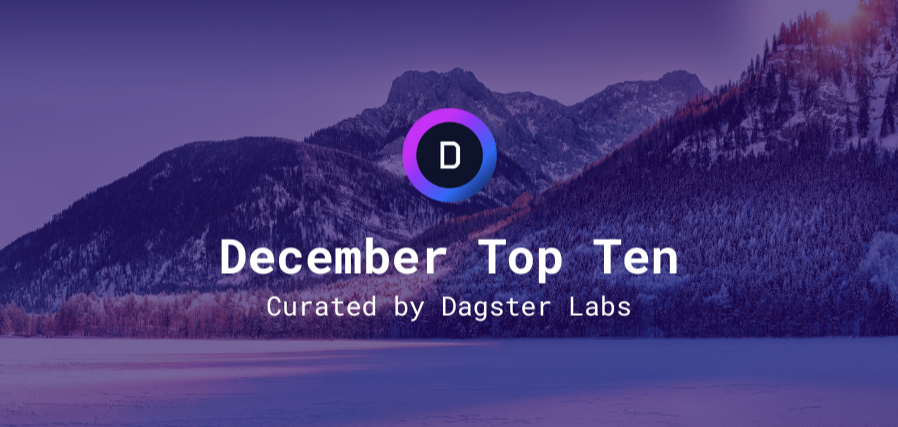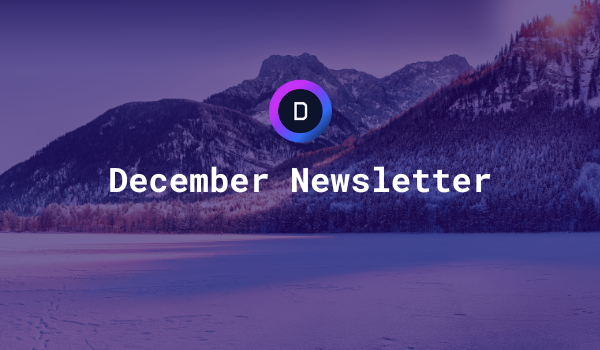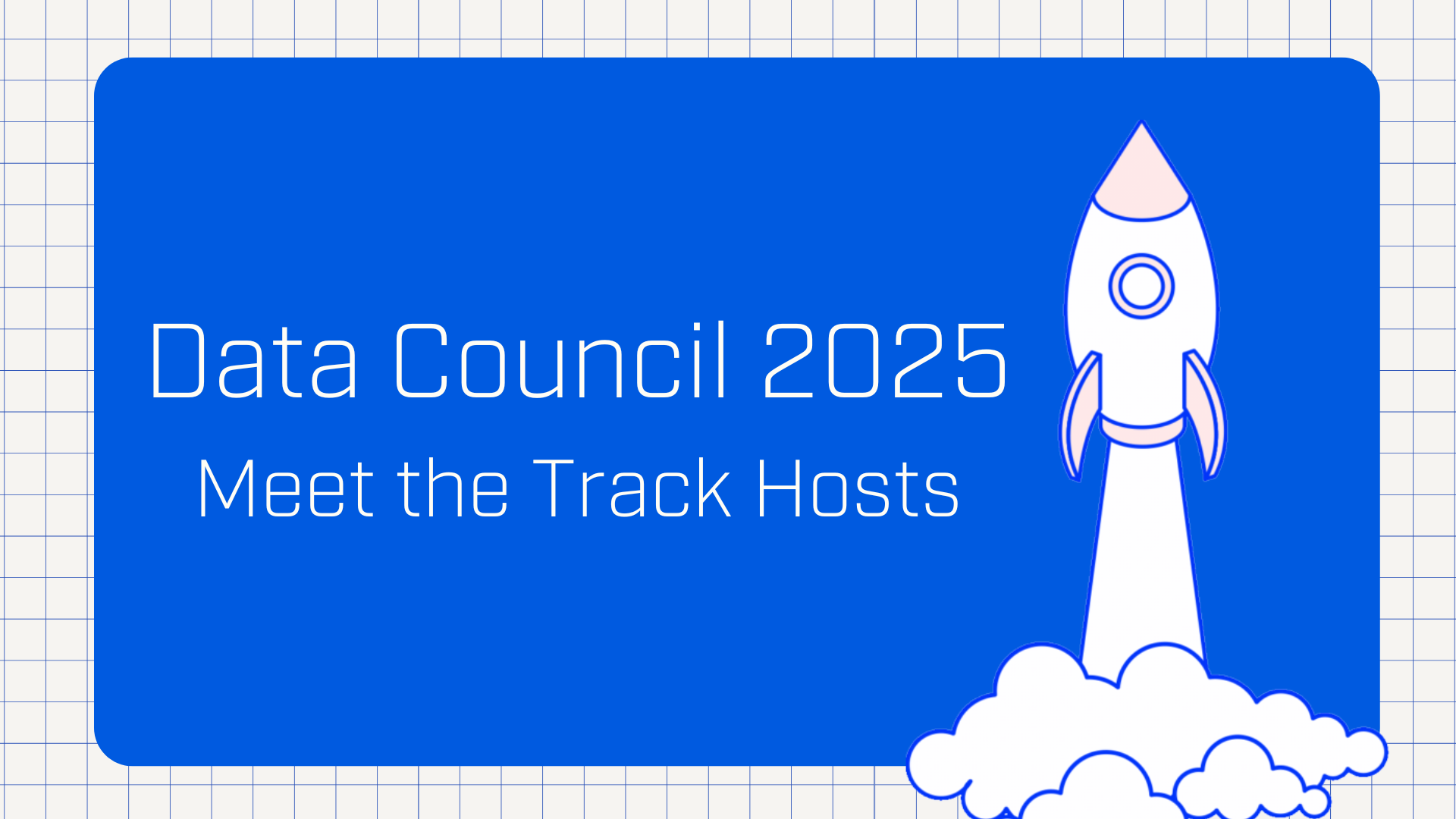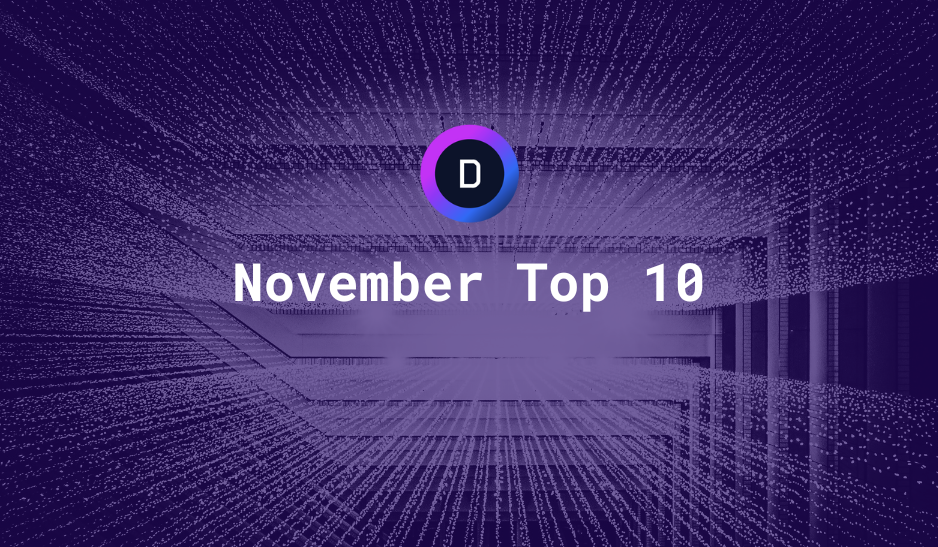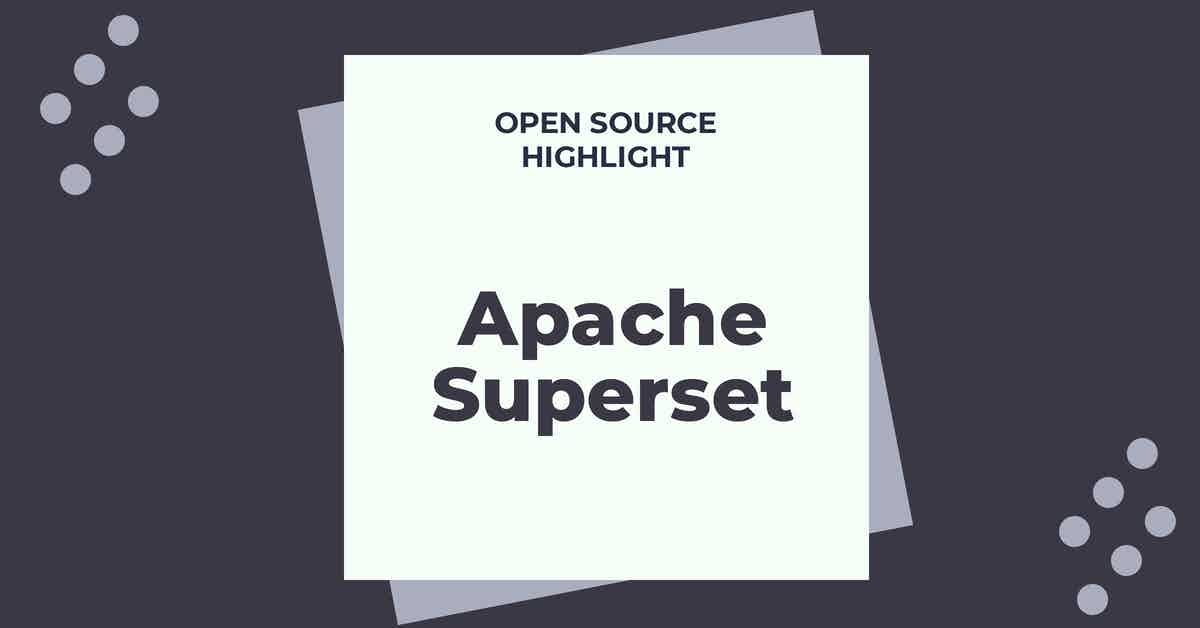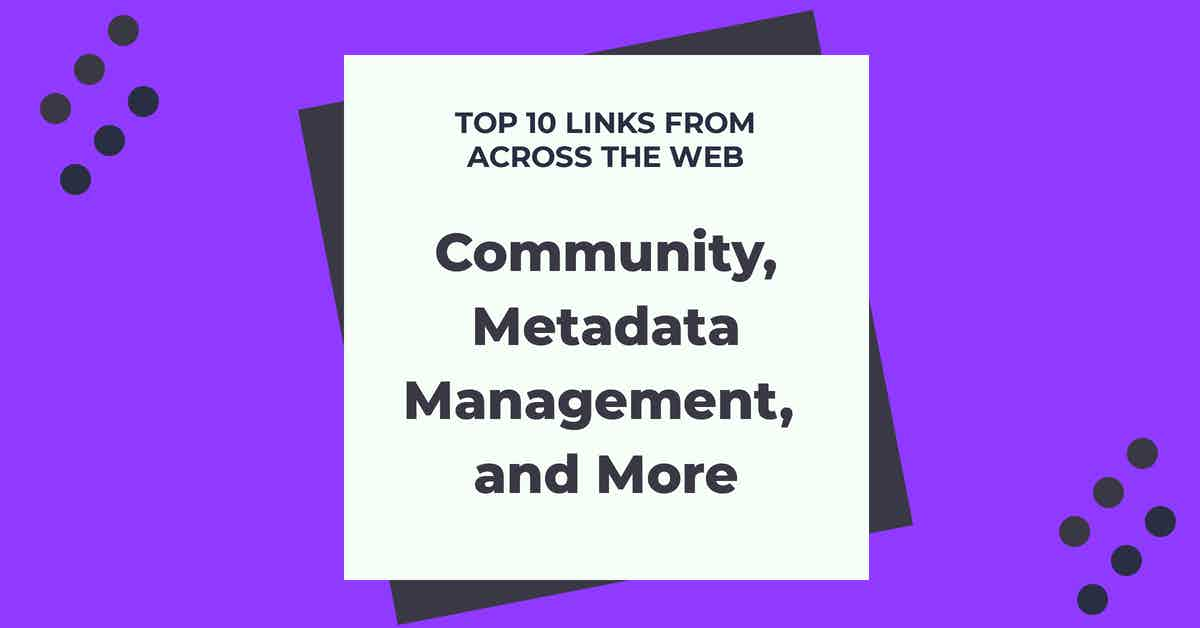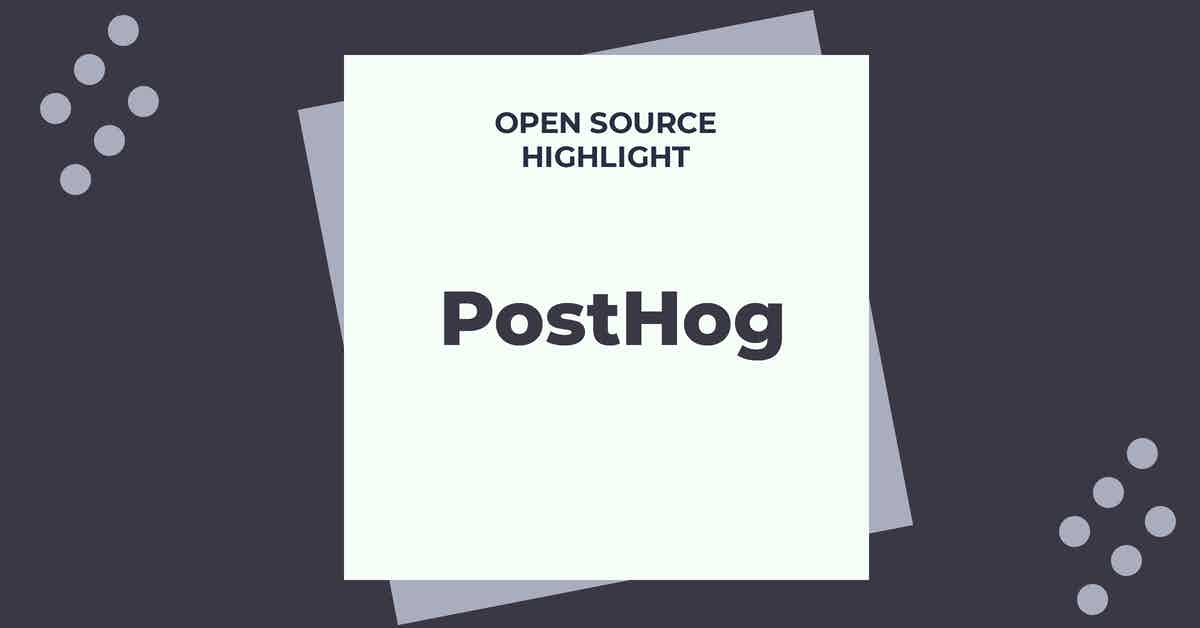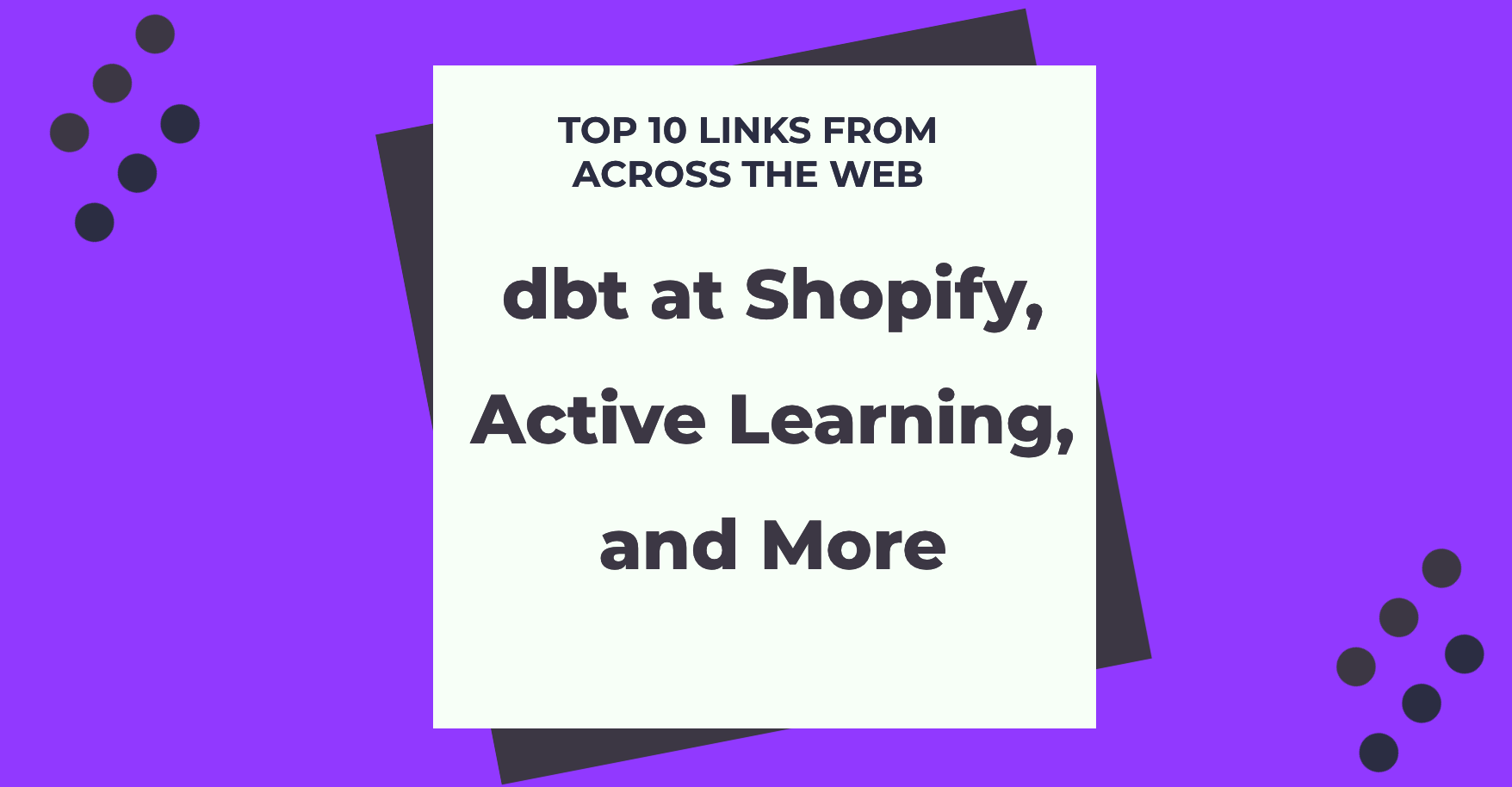April 22-24, 2025 | Oakland Scottish Rite Center
In this episode of the Zero Prime podcast, engineer-turned-founder Rob Woollen gives a refreshingly honest take on the founder journey. Rob shares his path from Unix coder to BEA Systems architect to Salesforce CTO, and finally to pioneering data analytics at Sigma. Get Rob's reflections on turning deep tech into market wins and navigating the AI revolution from an engineer who's built it all.
Hey Data Council-ers!
I'm Pedram Navid, Chief Dashboard Officer at Dagster Labs, the modern data orchestrator for data engineers building data platforms. I'm excited to share some recent articles I've had my eye on these past few weeks.
Ready to be part of something extraordinary? Data Council 2025 is coming back to The Bay, and trust us – you won't want to miss this! Next year will be our biggest Data Council yet with real-life insights, breakthrough discussions and new connections that could shape your next big move.
Hey there, data geeks! We're going all-in on technical depth for Data Council 2025. Meet the industry leaders who‘ll be curating the most cutting-edge tracks in data & AI. No fluff, no marketing talks – just pure technical content from the trenches. Here's who’s crafting your learning experience at our SF Bay Area event this April 22-24.
Hey Data Council-ers!
This month, Lindsay MacDonald from Monte Carlo asks a critical question: Is data ready for GenAI? While AI seems ready to take off, are our data foundations really prepared? Let’s find out with this month’s roundup.
Here's our March 2021 roundup of links from across the web that we selected for you:
1. How to Build a Community (Fishtown Analytics)
Here's our February 2021 roundup of links from across the web that we picked for you:
1. dbt at Shopify (Data Engineering Podcast)
The Data Engineering Podcast recently featured a very interesting discussion about dbt at Shopify. Engineering manager Zeeshan Qureshi and senior data engineer Michelle Ark explained how dbt answered Shopify’s need for an SQL-based solution that its data scientists could use autonomously. They also mentioned some of the best practices they followed for staging, and cost considerations related to BigQuery. Last but not least, they touched on some extensions they are considering, such as implementing Great Expectations for data quality control.



